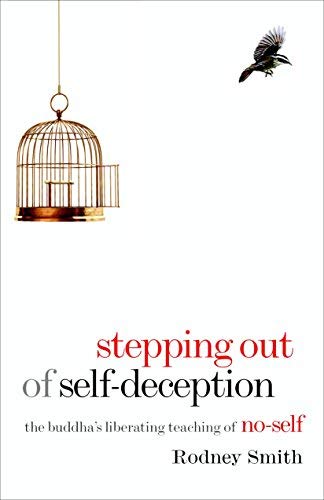What do you think?
Rate this book


Unknown Binding
First published July 13, 2010
Most of us live with the feeling there is something wrong with the experience at hand, and we fill...life with mental and physical activity in an attempt to correct the perceived difficulty. But it is impossible for there to be anything wrong with experience since everything is arising from the absolute completeness of Now.
We may have blown a hole of not knowing in our ego, but often a perimeter of fear remains around the hole and ties us to our past. Our ongoing task is to meet that residue of fear and complete the work of awareness. The more we surrender our separation, the quicker we complete the work of dissolving our fear. Patterns that hold less identification are quickly released, but eventually we have to confront those areas where we are still tied to the outcome, image, or expression of our personal pain. These are areas requiring great sobriety and maturity. We know awakening involves our total being, but we may still hold a little of ourselves in reserve. We dawdle, hoping for a reprieve...
The fundamental principle we must remember when traversing a spiritual path is that “we” don't “have” a mind. The mind has created the sense of *you* and *me* from the way it perceives reality. -- From chapter 1.